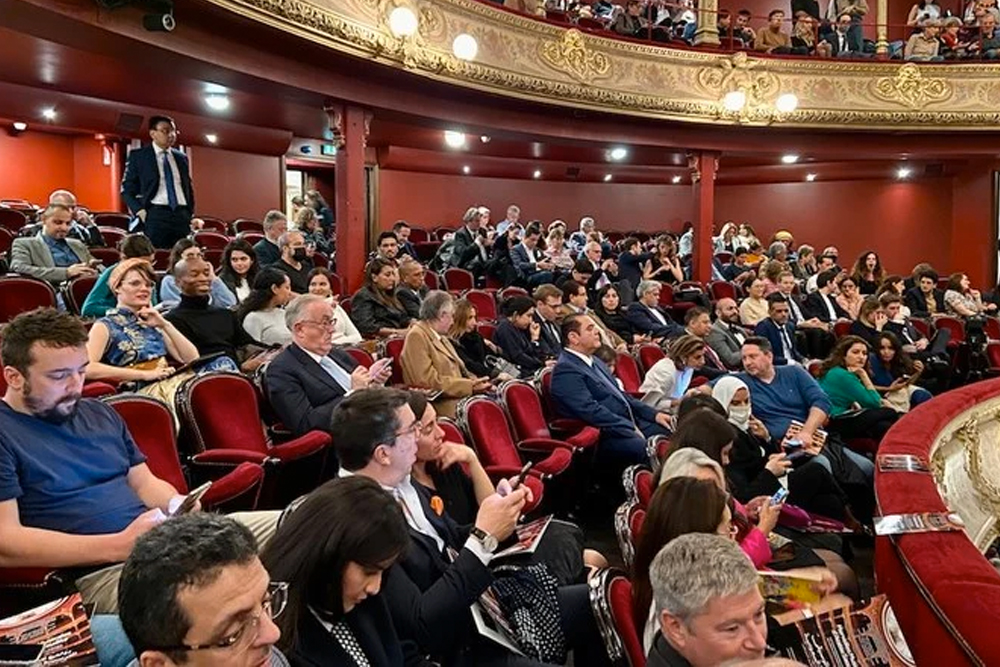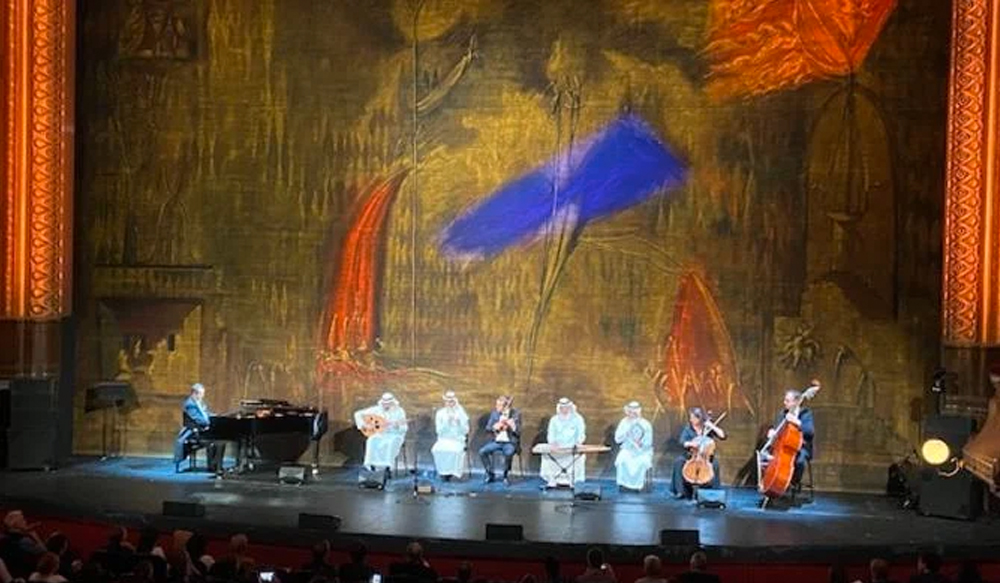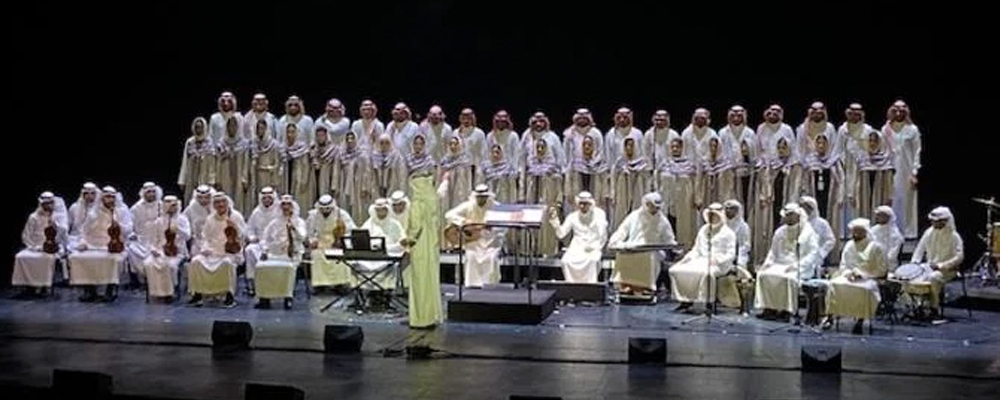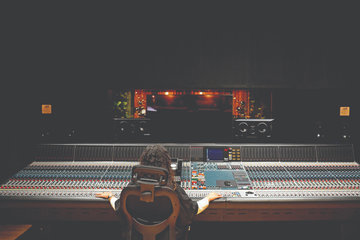
On Friday 8th October 2022, a special concert was hosted in Paris by Saudi and French orchestras that merged Saudi and western music together to create a unique event. The “Masterpieces of Saudi Music” concert took place at the Theatre du Chatelet, and brought together 50 musicians from the International Philharmonic Orchestra of Paris and 25 musicians and 40 singers from the Saudi National Orchestra and Choir to participate.
Both orchestras were led by conductor Emad Zari and directed by Amine Kouider, to showcase a musical show with performances of a medley of Saudi folk songs in different traditional styles, such as Al-Majrour, Al-Mizmar, Al-Khabiti and Al-Samari. The score “Jeddah,” composed by Italian Antonio Bernardi also debuted that night.
The audience also enjoyed interpretations of scores from classic operas, including “O Mio Bambino Caro” by Giacomo Puccini, “O Sole Mio” by Eduardo di Capua and Emanuele Alfredo Mazzucchi and “Addio, Del Passato” from Giuseppe Verdi’s “La Traviata.”

Chairman of the Saudi Commission for Music, Sultan Al-Bazie, said at the opening of the Saudi-Parisian event, “The story began in Riyadh when the International Philharmonic Orchestra of Paris was invited to the Palais de la Culture in Riyadh to celebrate Europe Day, a cultural event organized in cooperation with the French Embassy and the Saudi Commission for Music under the Ministry of Culture of Saudi Arabia. On this occasion, my friend and maestro, Amine Kouider, with his creativity, was able to interpret pieces of classical music with using oriental instruments and Saudi rhythms.”

The Saudi National Orchestra has performed across Saudi Arabia as well as at festivals around the world, and the decision to have them perform in Paris was approved by Prince Badr bin Abdullah bin Farhan.
Al-Bazie concluded, “On the instruction of His Highness (Prince Badr), it was decided to deepen this experience and to carry it out in Paris. You will, ladies and gentlemen, discover a musical experience composed of Saudi songs and music as well as great French composers interpreted with Saudi instruments and rhythms.”

















